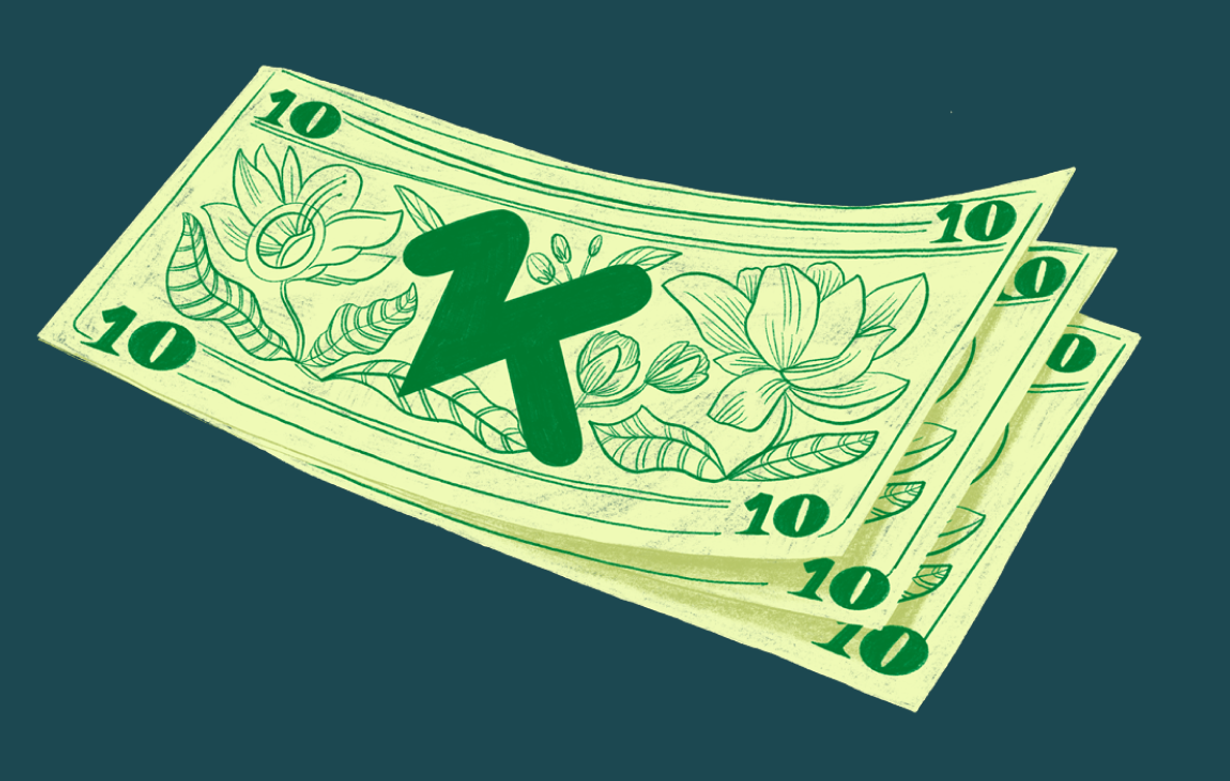Reach your savings goals faster by earning interest with KOHO
Accelerated mortgage payments are a way of paying your mortgage more often and slightly more per year so you can pay it off faster and save on interest.
Instead of paying monthly, you might choose:
Accelerated bi-weekly – 26 payments a year
Accelerated weekly – 52 payments a year
The “accelerated” part means your payment amount is based on your monthly payment, then split into smaller chunks and paid more frequently—so over a year, you end up making the equivalent of one extra monthly payment.
That extra money goes straight toward your principal and shortens your amortization.
KOHO Everything Can Help You Handle Faster Payments
If you’re going to speed up mortgage payments, your cash flow needs to be tight and organized.
With the KOHO Everything Plan, you get to:
Grow your savings with 3.5% interest, one of the highest rates in Canada
Earn a 2% cash back rate on groceries, eating, drinking, and transportation and 0.5% cash back on everything else
There are no foreign exchange fees, so you save on international purchases and travel
Unlimited transactions and free e-transfers
No minimum balance required, ever
How Accelerated Payments Actually Work
Say your regular monthly mortgage payment is $1,200.
Monthly: You pay $1,200 × 12 = $14,400 per year
Accelerated bi-weekly:
Take $1,200 ÷ 2 = $600 per payment
You pay $600 × 26 = $15,600 per year
That’s the power of “accelerated”: same basic payment size, but more total paid in a year—roughly one extra full monthly payment.
Over time, that can knock years off your mortgage and save thousands in interest.
Types of Schedules You’ll See
Most lenders offer:
Monthly – 12 payments per year
Semi-monthly – 24 payments per year (not accelerated)
Bi-weekly (non-accelerated) – 26 payments, but calculated differently so the total per year stays similar to monthly
Accelerated bi-weekly – 26 payments based on half your monthly payment → more paid per year
Accelerated weekly – 52 payments based on a quarter of your monthly payment → also more paid per year
If you’re choosing purely to pay it off faster, the accelerated options are usually the ones to look at.
Pros and Cons of Accelerated Mortgage Payments
Pros:
Pay off your mortgage faster
Save interest over the life of the loan
Build home equity more quickly
Cons:
Higher cash flow demand each year
Less flexibility if your income is variable or your budget is tight

About the author
Dan is a runner and writer living in the Washington, D.C. area, where he currently works for a financial services trade association as the Communications Director.
Read more about this author